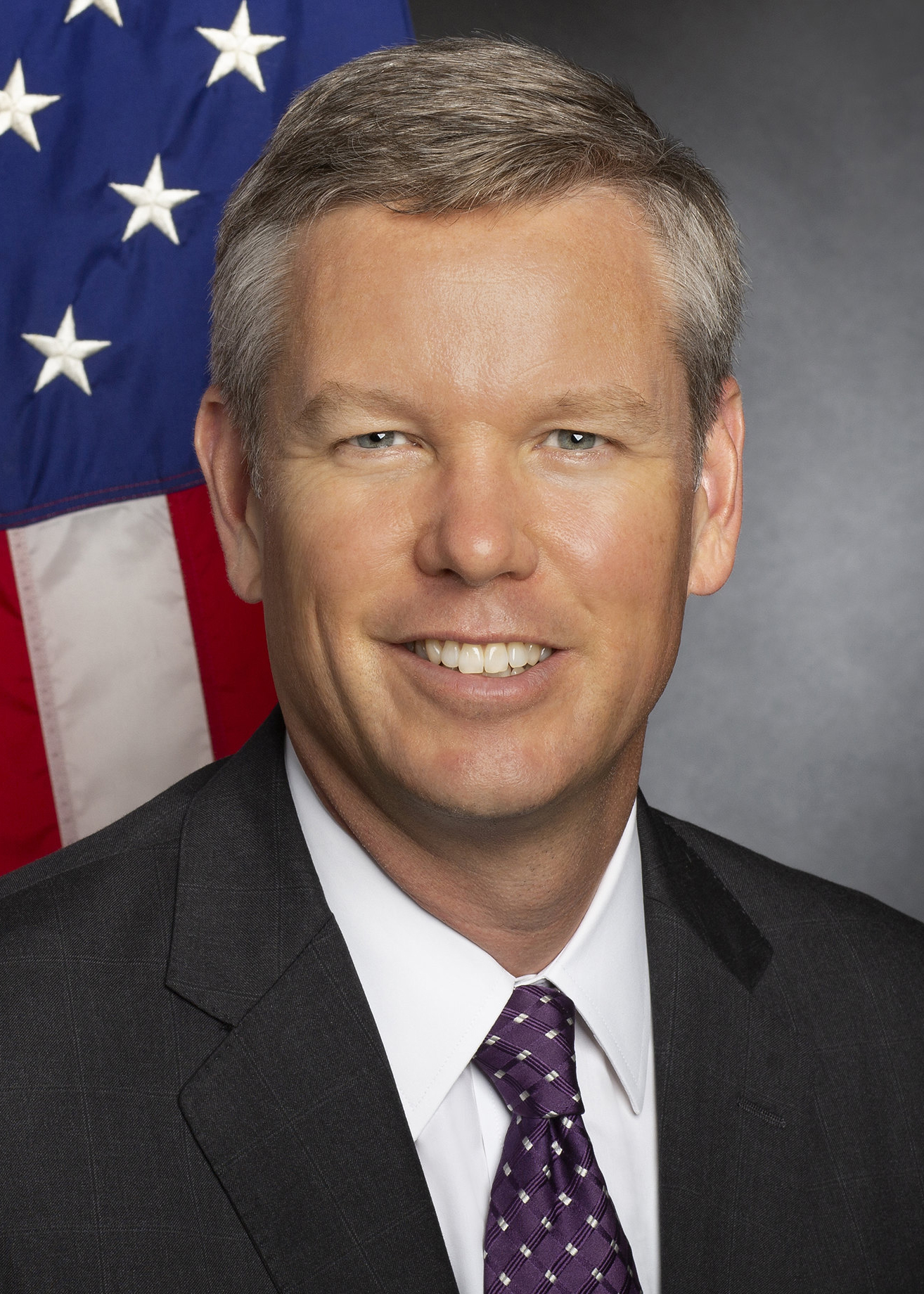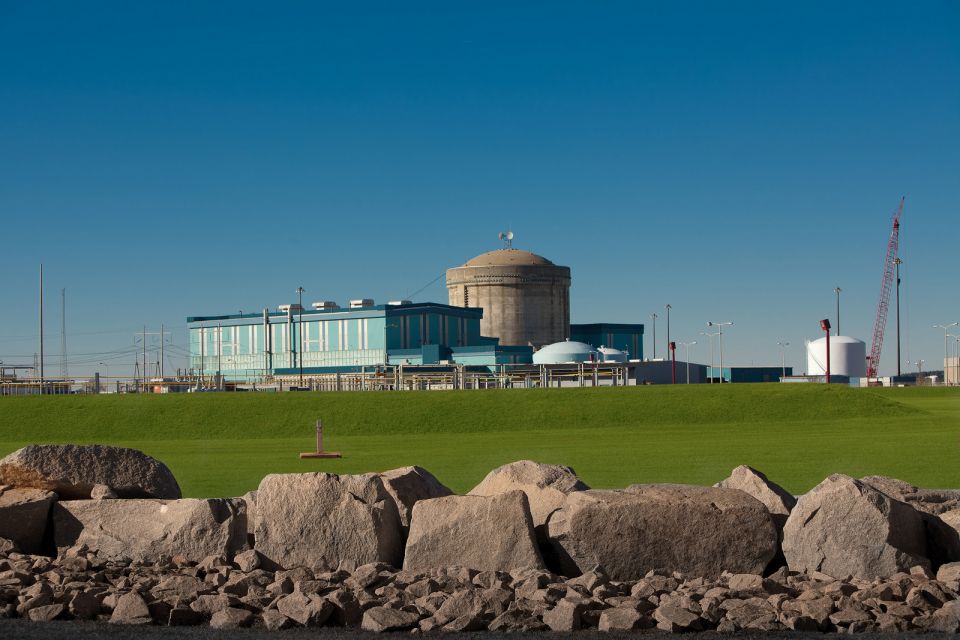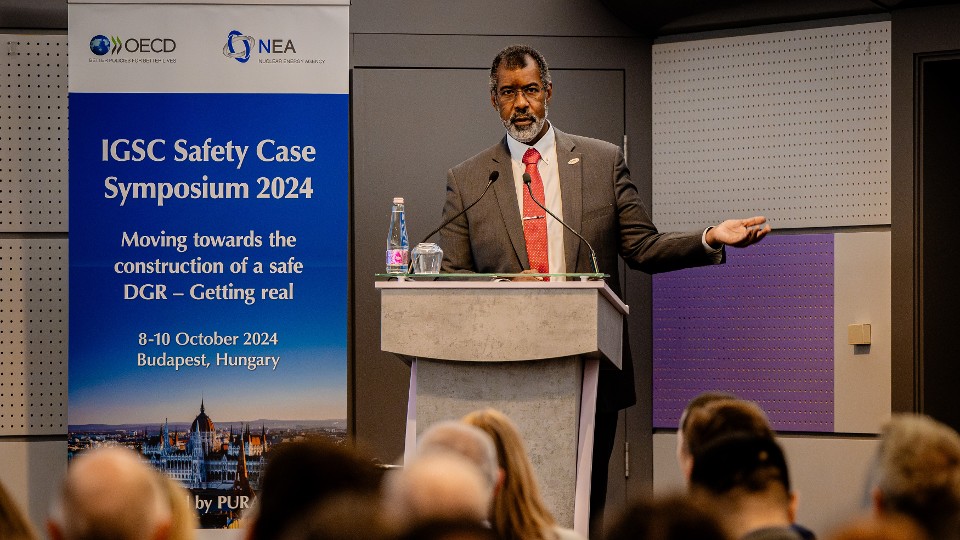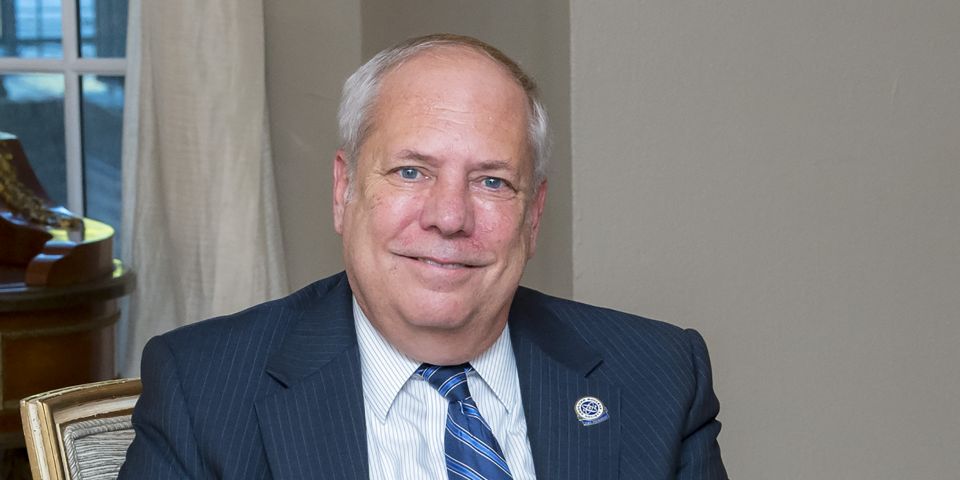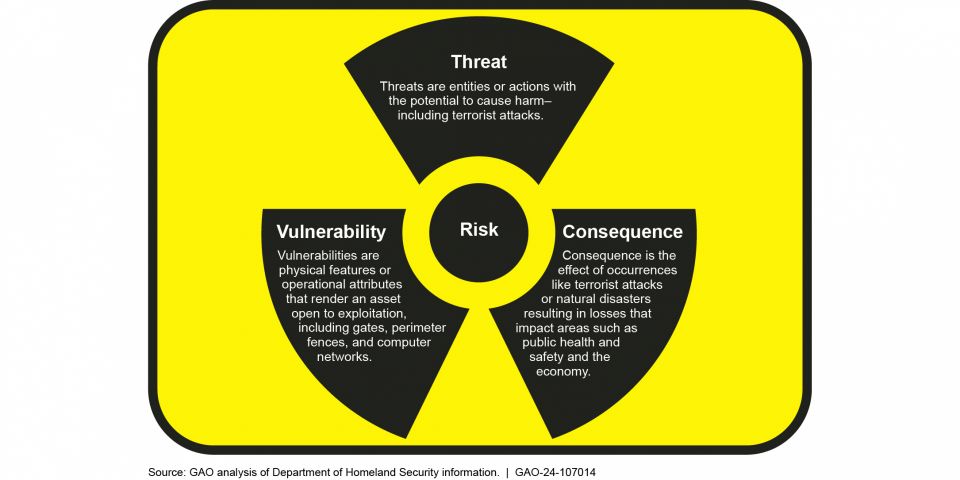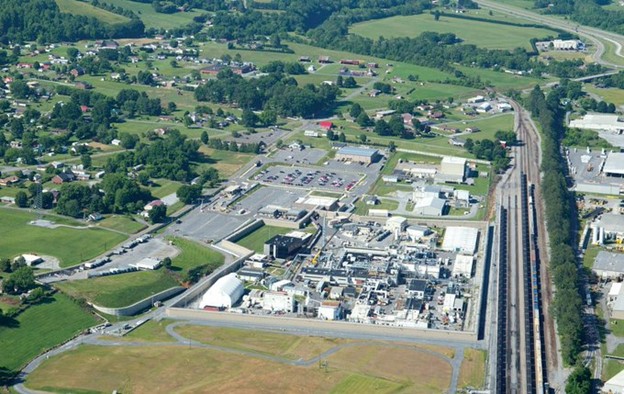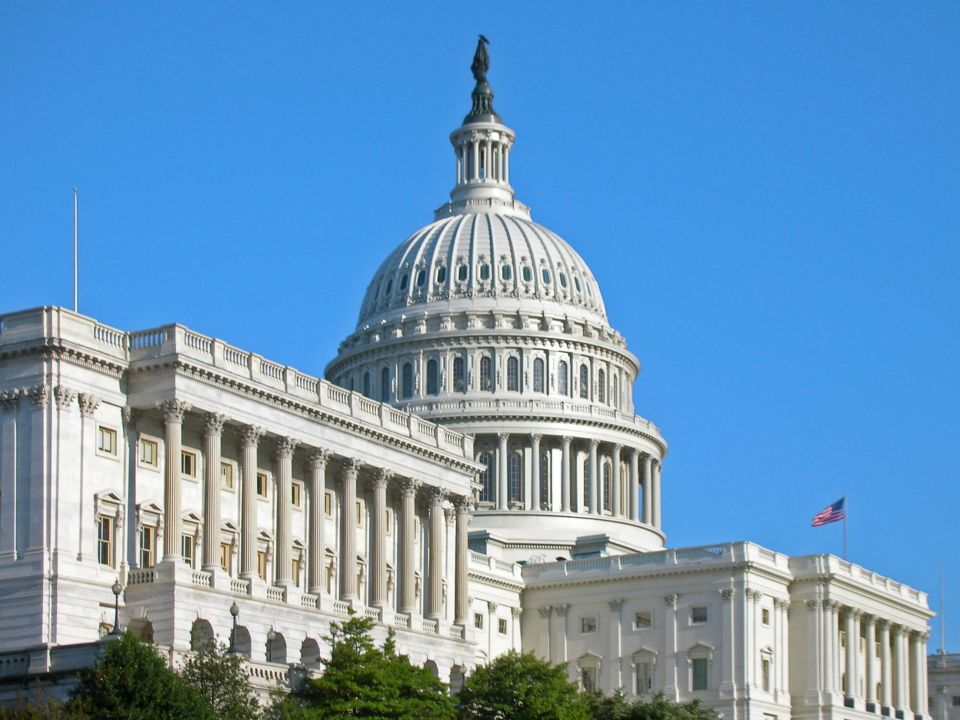The deal, signed in November 2023 after about seven months of negotiations, is expected to enhance the two countries’ collaboration in fostering clean energy and ensuring energy security.
The U.S. has 24 such agreements in force that govern peaceful nuclear cooperation with 48 countries, the International Atomic Energy Agency, and the governing authorities of Taiwan (through the American Institute in Taiwan). The full list of partners can be found here.
The visit: Hanson and his team met with officials of the Philippines’s Department of Energy and the Philippine Nuclear Research Institute (PNRI) to discuss the country’s priorities in developing a nuclear safety framework.
The 123 Agreement permits the transfer of nuclear material, equipment, components and information for atomic research and civil nuclear energy production. It also facilitates the streamlining of licensing requirements for the private sector concerning investments in nuclear-related intangible transfers of technology.
“My focus is going to be on whatever companies decide to invest here, and we’re helping the Philippine regulator evaluate the safety aspects of the kinds of services and technology that those companies are going to offer,” Hanson said, as reported by PhilStar Global.
In addition to helping craft the nuclear regulatory framework, Hanson said the U.S. will conduct workshops in the Philippines and bring three PNRI experts to the U.S. to study nuclear engineering.
Speaking to the upcoming U.S. presidential election, Hanson said, “As long as I’m in this position, assistance to the Philippines will be a priority. I can tell you that civil nuclear cooperation agreements like 123 Agreements are designed to last across multiple administrations. It’s my strong hope that if there’s a change in administration in the United States, our commitment will remain firm,” Balita.com reported.
Hanson was recently confirmed to a new term on the NRC, expiring June 30, 2029.
Goals: The Philippine Energy Plan laid out the country’s goal of having nuclear capacity of at least 1,200 MW by 2032 and increase it to 2,400 MW by 2035 and to 4,800 MW by 2050, respectively.
Hanson said the Philippine government has a set of “aggressive but achievable goals” for deploying nuclear energy.
Philippine energy secretary Raphael Lotilla earlier said its energy department was finalizing the country’s nuclear energy roadmap, outlining the government’s key targets to achieve its nuclear goals.
